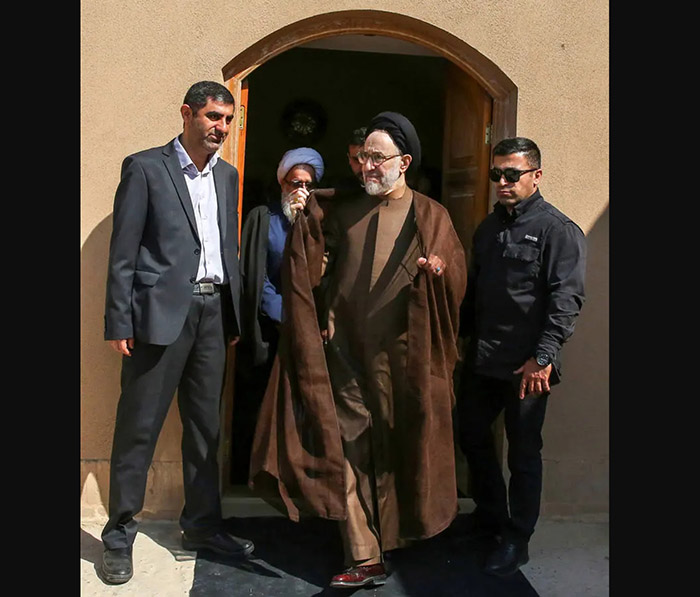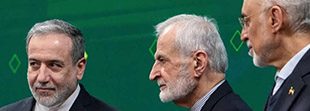Domestic Challenges and the Conservative Backlash
While Khatami’s first years brought enthusiasm and hope, his reformist agenda soon met fierce resistance from conservative institutions entrenched within Iran’s political system. The judiciary, the Guardian Council, and the Revolutionary Guards often blocked his initiatives, viewing them as threats to the ideological purity of the Islamic Republic.
Relations with the United States, however, remained strained. While Khatami expressed openness to “people-to-people” exchanges and cultural diplomacy, the U.S. government — under Presidents Bill Clinton and George W. Bush — remained wary of Iran’s regional activities. The 2002 inclusion of Iran in Bush’s “Axis of Evil” speech dealt a serious blow to Khatami’s attempts at rapprochement. Nevertheless, his government’s cooperation in stabilizing Afghanistan after the fall of the Taliban in 2001 demonstrated his pragmatic commitment to regional security.
Second Term: Disillusionment and Reform Fatigue
Khatami was re-elected in 2001 with nearly 78% of the vote, a testament to his continued popularity. However, his second term proved far more difficult. Reform fatigue set in as conservatives intensified their resistance, and the public’s expectations — for greater political freedoms and economic opportunity — went largely unfulfilled. Key reformist legislation, including the twin bills aimed at enhancing presidential powers and limiting the Guardian Council’s veto authority, was repeatedly blocked.

